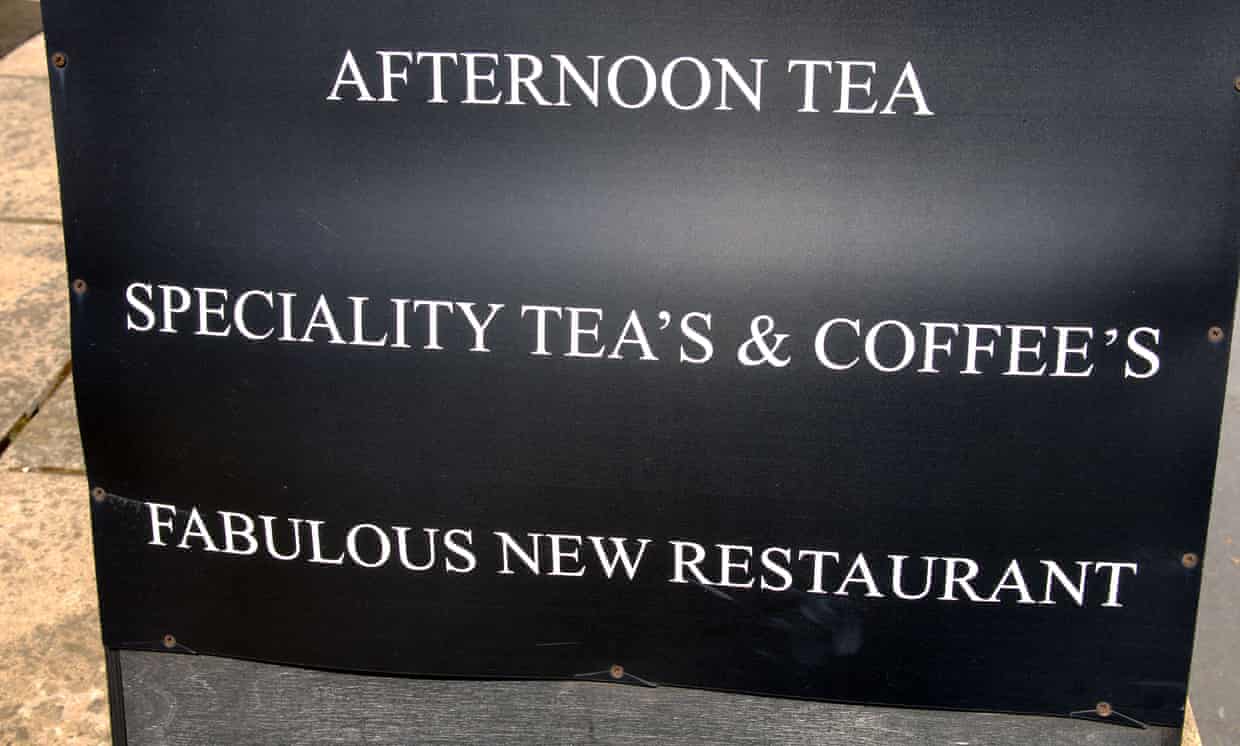A new study reveals for the first time how different personality types react to spelling errors and grammatical mistakes. It’s all about arousal

When you picture a “grammar nazi”, what does that person look like?
Are they old or young? Male or female? Professorial or blue-collar?
A new study suggests they could be any of those things. In an experiment involving 80 Americans from a range of backgrounds, linguists Julie Boland and Robin Queen found no significant links between a judgmental attitude towards “typos” and “grammos” and gender, age or level of education.
Typos are mistakes that can be attributed to a slip of the finger, like “teh” or “abuot”. Grammos are errors involving knowledge of the rules of language – for example “there” for “their”, or “you’re” instead of “your”.
So you can’t tell if someone hunts down misprints and writes letters to editors just by looking at them. If you know something about the way they experience the world, though, you might be able to take an educated guess MORE
Are they old or young? Male or female? Professorial or blue-collar?
A new study suggests they could be any of those things. In an experiment involving 80 Americans from a range of backgrounds, linguists Julie Boland and Robin Queen found no significant links between a judgmental attitude towards “typos” and “grammos” and gender, age or level of education.
Typos are mistakes that can be attributed to a slip of the finger, like “teh” or “abuot”. Grammos are errors involving knowledge of the rules of language – for example “there” for “their”, or “you’re” instead of “your”.
So you can’t tell if someone hunts down misprints and writes letters to editors just by looking at them. If you know something about the way they experience the world, though, you might be able to take an educated guess MORE
No comments:
Post a Comment